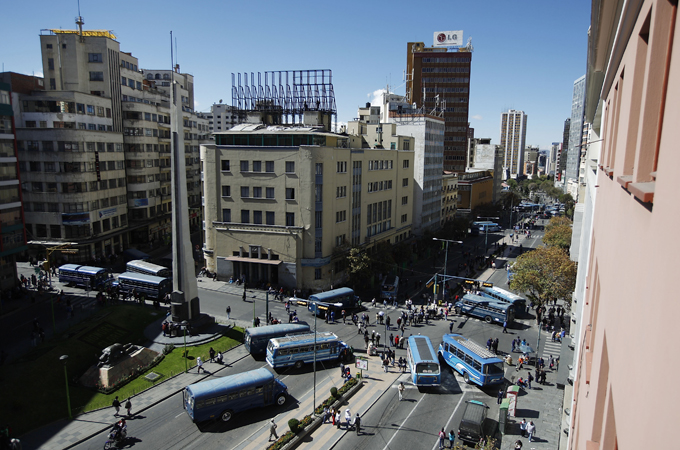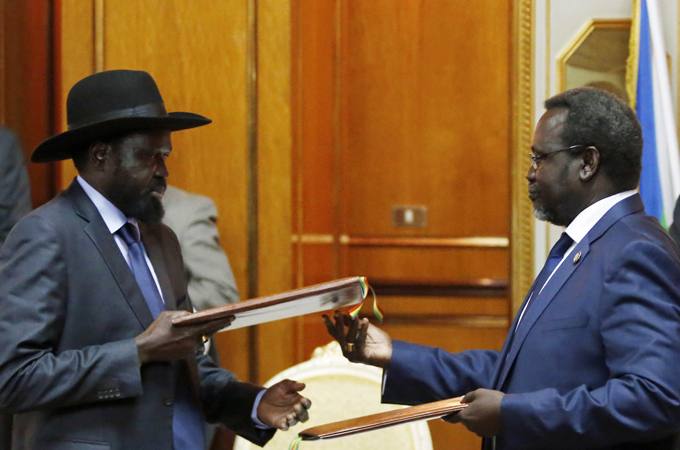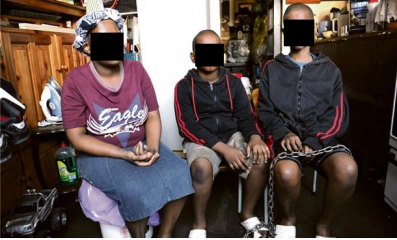By Ellis Cortez
Impunity Watch Reporter, South America
SUCRE, Bolivia – A transport workers strike caused chaos in the Bolivian city of El Alto on Tueday during a protest against the local government’s plans to regulate the transport system. The demonstrators, who are also demanding higher wages, blocked a main avenue in the city.

Riot police arrived on the scene and fired tear gas in an attempt to disperse the protesters. Local media reported 58 bus drivers were arrested for damaging passing vehicles that would not support the protesters.
Bolivian Police were able to clear the roads after protesters set fire to tires in the middle of the road. Approximately 1,200 police officers guarded the highways that lead to the city’s main airports.
The protesters, who run a network of privately owned minibuses, stated that the strike would continue indefinitely if local authorities do not back down on their plans to modernize public transport systems.
A leader of a drivers’ union in El Alto, Marcos Tito Cabrera, said bus drivers have been charging the same fare for the past few decades. “Since the creation of such vehicles (minibuses) for the last 30 or 40 years we have been operating by charging only one Bolivian (peso) as passage. This government in eight years has raised the wages of workers four times, perhaps we are not part of the state but we are also the people,” Cabrera said.
The local government is implementing four modern transport systems in the metropolitan area of two million residents, which the drivers fear will affect their own services in the cities.
An exclusive bus system with special routes is planned, along with a multimillion-dollar cable car system that will link the two mountain cities of La Paz and El Alto. The system will change the way Bolivians transport around the city. The cable car and bus system will aim to offer a faster service than existing modes of city transportation, authorities say.
For more information please see:
Al Jazeera — Bolivian transport strike causes chaos – 4 June 2014
The Washington Post – Clashes in Bolivia over transportation regulations – 4 June 2014
AOL News – Clashes in Bolivia – 3 June 2014
Boston.com – Clashes in Bolivia – 3 June 2014



